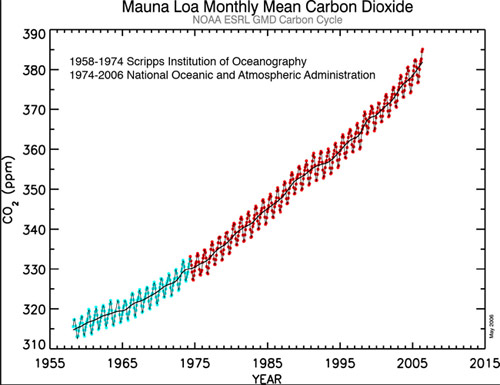Preliminary Caution
Although this little blog outlines a possible plan that can change the course of science funding and science literacy, it is not possible to implement this plan overnight. It will probably take years to turn the system around. Academics interested in effecting changes in the system to enhance its funding base, capabilities and acceptance by the general public through increasing science outreach, must remain and succeed in the system. Therefore it is imperative to continue to play the academic game and be certain to uphold the standards of excellence demanded for moving through the ranks.
Statement of the problem
1) The general public has an appallingly low level of understanding of the universe and the world around us as well as basic biology, natural history, and fundamental principles of ecology and sustainable anything. Effective decision-making in a political or business-driven arena about the natural world and our relationship to it is thereby made almost impossible. The consequences of poor decision-making for world climate, renewable resources, finite resources, general health issues, and pollution to name but a few can be severe in the present and devastating in the future.
2) Science education in public and high schools is poorly informed and there is also a creeping anti-intellectual and anti-science tendency which results in education largely omitting or scrambling science principles in a student’s education.
3) University-level teaching of science is restricted to actual university students who enter a science course. While there is a potential to offer general understanding of science principles by science outreach or interacting with news media, in general this is discouraged in favour of refereed science papers that are used to rank hiring, promotion, and tenure candidates, and internal institutional committee work.
4) Museums are ignored by universities or at best are considered to be scientific service organizations to the university needs. In fact, museums have the only institutional mandate to offer science education on a popular basis to the broad general public from a base of actual research through to professional level interpretation and exhibits as well as outreach programs.
Continue reading →

